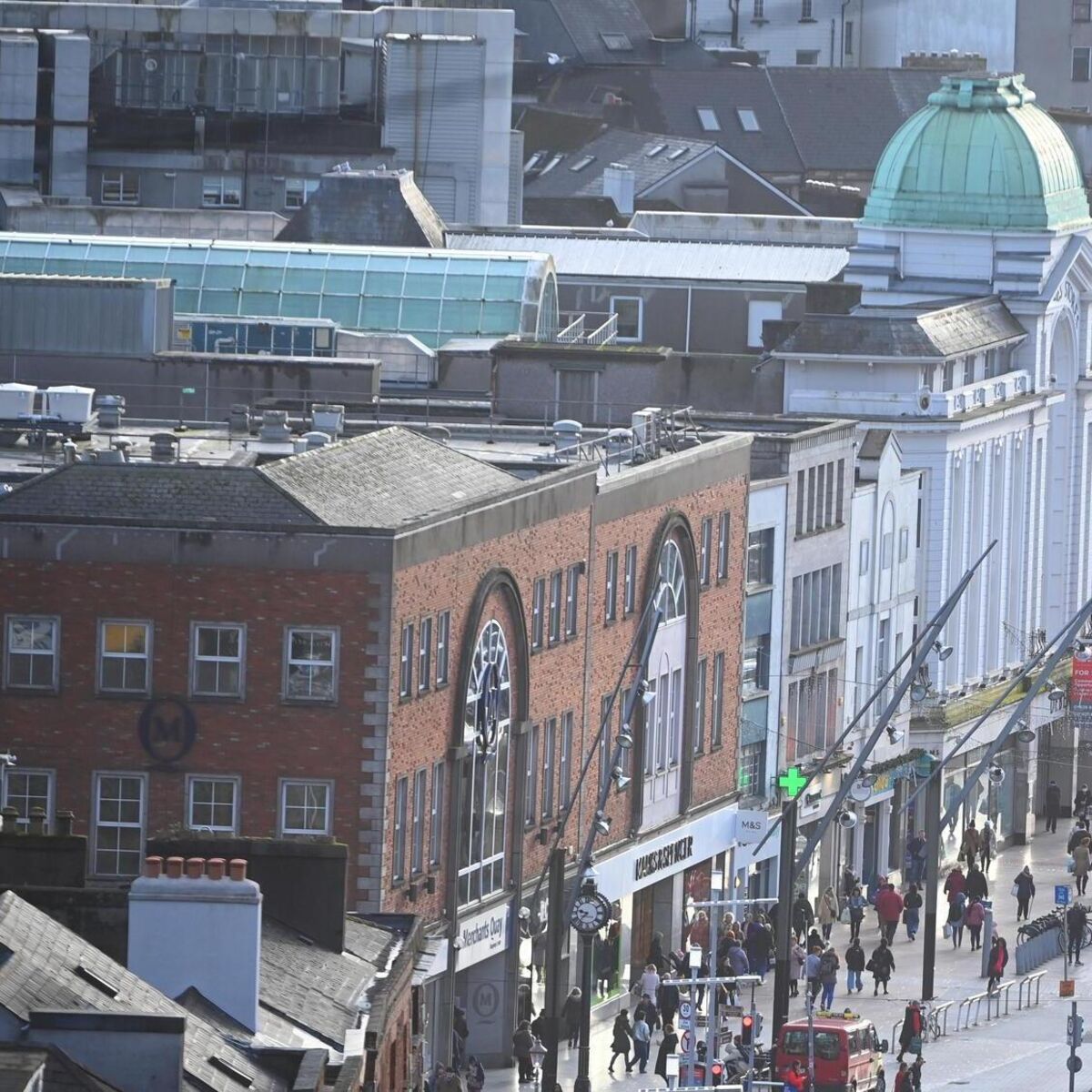By Alan Healy,Irishexaminer.com
Copyright irishexaminer

The CBA’s president, Dave O’Brien, who is head of tax at Xeinadin, said they were predicting this would be difficult for vulnerable small businesses already under strain.
“There is concern that employers may be forced to reduce staff hours, delay hiring, or absorb the cost in a way that jeopardises viability,” he said. “Or we will see more closures in January, as it’s too much, too quickly.”
The Low Pay Commission has recommended a 5% increase in the national minimum wage, which would take it from €13.50 an hour to about €14.15 an hour if approved by the Government. The CBA said businesses support a living wage, but this increment compounds rapidly across their payrolls, with knock-on effects across all salary bands.
This challenge does not exist in a vacuum, Mr O’Brien said. “Many in hospitality are still recovering from the increase in Vat rates — which the Government has hinted will not be reversed in the upcoming budget — squeezing already narrow margins across pubs, restaurants, and cafés. Overlay this with the introduction of pension auto-enrolment from 1 January 2026, and the weight on small employers, including other struggling sectors like retail, becomes heavier still.”
Sudden jumps in wage, pension and operating costs may force tough decisions. One change at a time is manageable, many at once is perilous. SME’s are the backbone of our economy and we can’t squeeze them out.
The CBA is calling for phased implementation and supports. “Rather than front-loading all changes at once, sectors with low margins should receive support (grants, tax credits, PRSI relief) to buffer the impact. Advisory services, subsidies, or interest-free loans could be introduced to help businesses manage payroll systems, compliance, and financial planning around these changes,” Mr O’Brien said.
“We encourage the Government to pause, reassess the scale and pace of reform, and work hand-in-hand with local business groups to craft a more sustainable path.”



